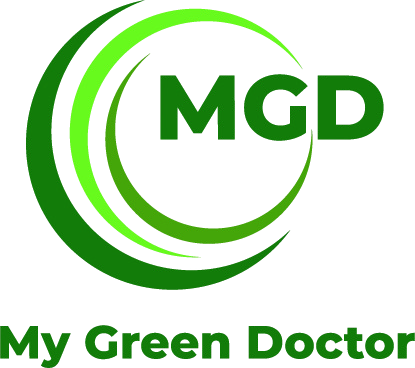B usinesses and government offices have been “going green” for decades. Their motivations are as diverse as their business plans and profit margins. Most start because they want to save money. They do this by using less energy, creating less waste, saving water, causing fewer emissions and using fewer toxic chemicals.
Businesses also want to benefit from more productive employees and from happier customers. There are tremendous public relations benefits from being known as a “green” business, and being friendly to the health of your city and of the planet. Some businesses have made money through new ventures that are encountered as their businesses enter the “green” economy. The number of US “green” jobs is growing 2.5 times faster than traditional jobs. For employees of many large companies, a better environmental record means more secure jobs, bigger bonuses, and a healthier working environment.
 Big companies have made major commitments and major profits by creating corporate teams dedicated to energy efficiency and “going green”, including companies such as Goldman Sachs, Citigroup, JPMorgan, BP, GE, Wal-Mart, Nike, AstraZeneca, Johnson & Johnson, and Shell. For Wal-Mart, this has meant a $500 million annual investment beginning in 2006. Wal-Mart’s former CEO Lee Scott pledged a 30% cut in energy use and to move towards using only renewable energy in their stores worldwide. He said,
Big companies have made major commitments and major profits by creating corporate teams dedicated to energy efficiency and “going green”, including companies such as Goldman Sachs, Citigroup, JPMorgan, BP, GE, Wal-Mart, Nike, AstraZeneca, Johnson & Johnson, and Shell. For Wal-Mart, this has meant a $500 million annual investment beginning in 2006. Wal-Mart’s former CEO Lee Scott pledged a 30% cut in energy use and to move towards using only renewable energy in their stores worldwide. He said,
“For us there is virtually no distinction between being
a responsible citizen and being a successful business.”


